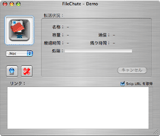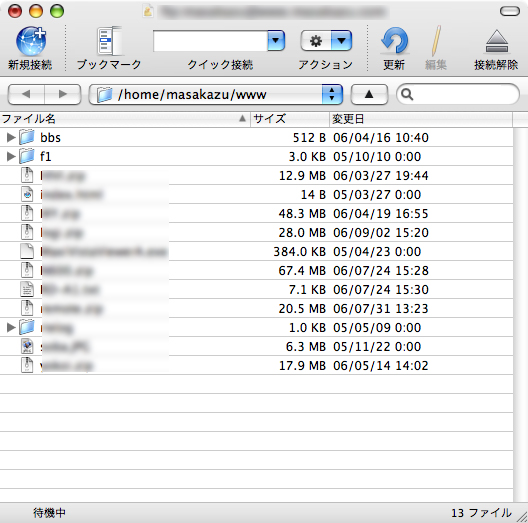

- #Filechute for windows how to#
- #Filechute for windows mac os#
- #Filechute for windows software#
- #Filechute for windows password#
Warming: It is important to point out that, emptying the Trash will instantly wipe off FileChute for iPhone 1.6 as well as other files you’ve thrown into the Trash, and that this act is irrevocable, so make sure you haven’t mistakenly deleted anything before emptying the Trash. In any case you cannot move FileChute for iPhone 1.6 to the Trash or empty the Trash, try holding the Option key as you choose Empty Trash from the Finder menu, or reboot your Mac and try it again later.
#Filechute for windows password#
Some apps installed using the Mac package installer will prompt you for a password when you try to move it to the Trash. Most 3rd party apps can be smoothly uninstalled in that way, but you cannot delete built-in apps by doing this.
#Filechute for windows mac os#
This drag-to-delete method works in all versions of Mac OS X. Right click the Trash icon and select Empty Trash option to start the uninstall.Drag FileChute for iPhone 1.6 to the Trash (or right click on it and then select Move to Trash option).

Open up the Finder, click Applications on the left side, and then select FileChute for iPhone 1.6.Option 1: Drag FileChute for iPhone 1.6 icon to the Trash If FileChute for iPhone 1.6 cannot be quit normally, you can select the app in Activity Monitor, click the large red “Quit Process” button in the left corner and click Force Quit button in the pop-up dialog. To deactivate an app, right click its icon in the dock and select Quit option (or choose FileChute for iPhone 1.6 > Quit FileChute for iPhone 1.6 on the Menu bar).Īlso, you can access the Activity Monitor (located in /Applications/Utilities/ folder), and see if there is any background process pertaining to the app. Prior to the removal of FileChute for iPhone 1.6, you should first log into your Mac with an administrator account, and turn FileChute for iPhone 1.6 off if it is running.
#Filechute for windows how to#
In this post we will discuss the following questions: (1) What is the correct way to uninstall FileChute for iPhone 1.6? (2) How to ensure all its accompanying components are removed safely? And (3) is there a shortcut for both Mac novices and experts to take to accomplish FileChute for iPhone 1.6 removal effortlessly? Conventional Steps to Uninstall FileChute for iPhone 1.6 for Mac Even for the experienced users, they may also get lost when trying to uninstall a problematic, stubborn or even malicious application.

In the latter case it is quite necessary to clean out those junk files from your Mac for complete removal.įor some novice users, they may have no idea how to remove FileChute for iPhone 1.6 in a proper way. These vestiges can be very small in size, thus leaving them alone may not affect your Mac performance, yet they can also be a large chunks of useless files that occupy a large portion of your hard drive space.
#Filechute for windows software#
However, a fact is often neglected that, even the stand-alone software may might still leave its configuration and preferences files on multiple system directories after you carry out a basic uninstall. Generally speaking, most Mac applications are separate bundles that contain the executable and any associated resources for the app, and therefore users can easily remove any unwanted software (if they are installed properly) from their Macs. In normal cases Mac users just need to simply drag and drop the target app to the Trash and then empty the Trash to perform the standard uninstallation. Uninstalling applications in macOS/Mac OS X is quite different from that in Windows operating system. Things you should know about Mac app removal: How to uninstall FileChute for iPhone 1.6 on Mac computer? If you encounter problem when trying to delete FileChute for iPhone 1.6 as well as its associated components, read through this removal tutorial and learn about how to perfectly remove any unwanted applications on your Mac.

How Can I Uninstall FileChute for iPhone 1.6 from My Mac


 0 kommentar(er)
0 kommentar(er)
